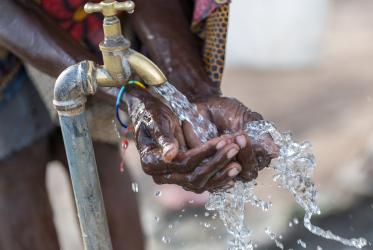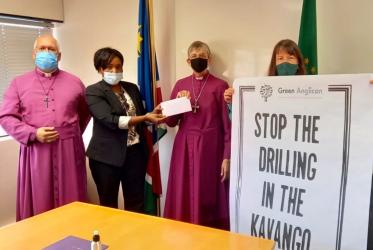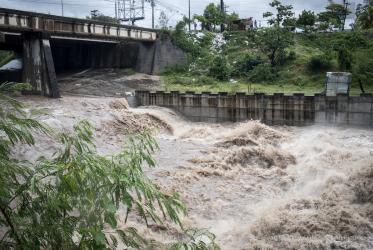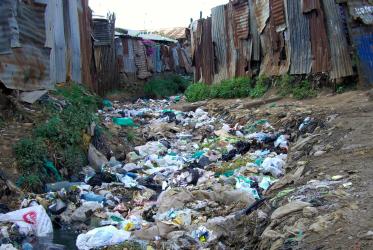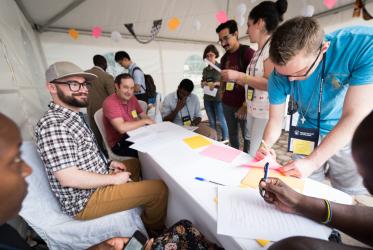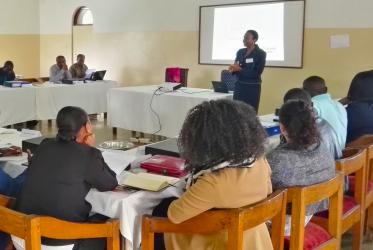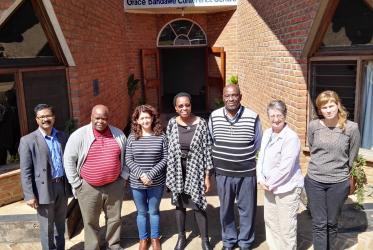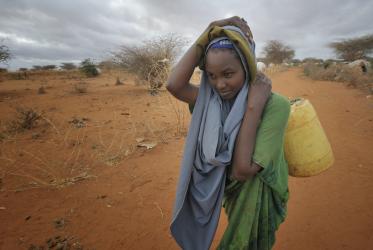Displaying 1 - 20 of 29
Protecting Ethiopia’s church forests
27 October 2021
Global webinar will discuss environment, agriculture and water
03 December 2020
On World Toilet Day, sanitation is “an issue of justice”
16 November 2020
WCC represented at International Sanitation Convention in India
18 October 2018
Doing his best without being the best
07 September 2018
WCC leader offers Steve de Gruchy Memorial Lecture
24 April 2018
‘Sokoni’ transforms marketplace into mission
13 March 2018
African youth takes stand at first ever WCC Eco-School
03 August 2017
Applications open for WCC Eco-School
10 May 2017
